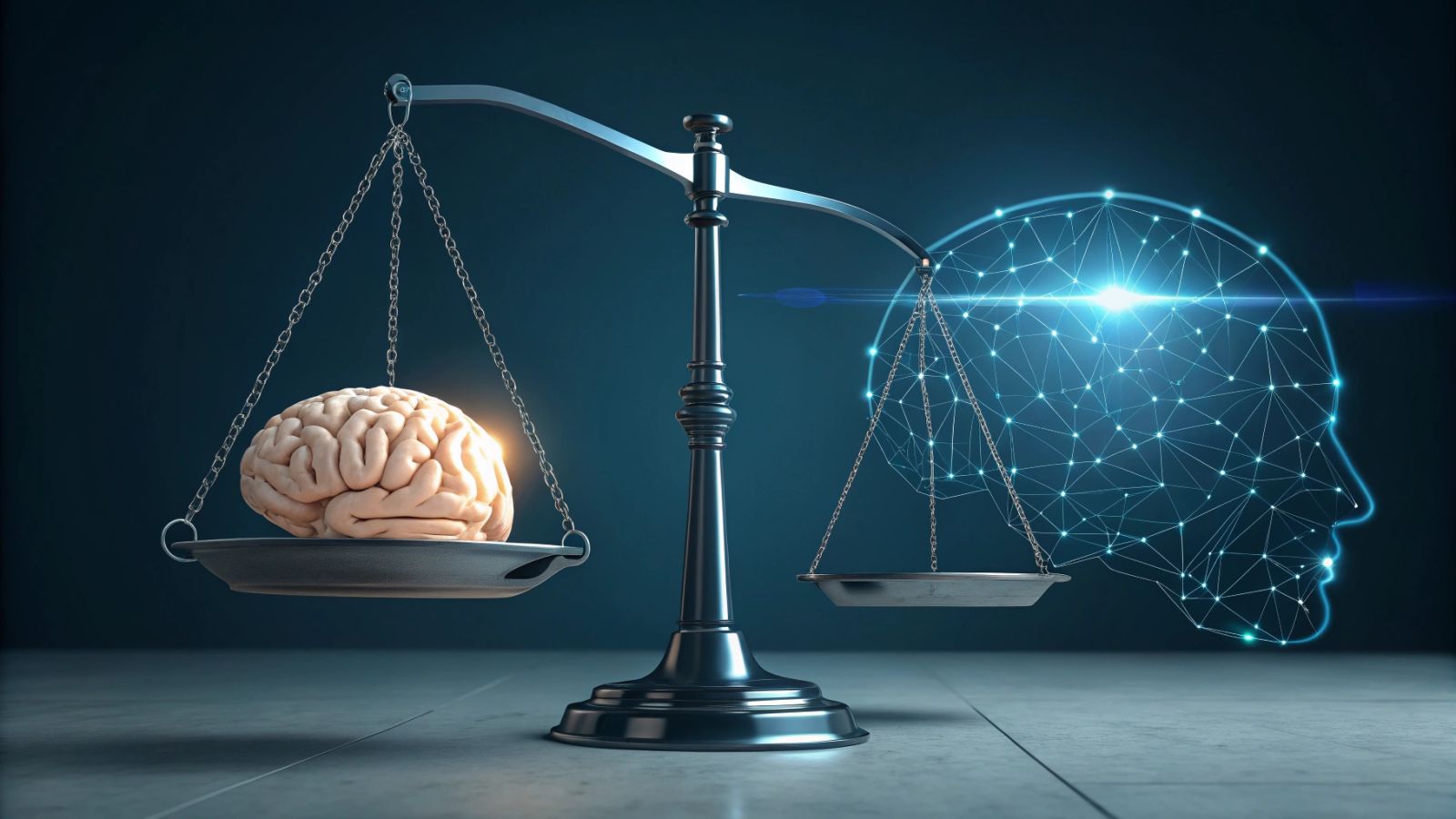Follow us on Google News (click on ☆)
Researchers at Imperial College London, in partnership with Google, have developed an innovative AI system, nicknamed "co-scientist." This tool, based on advanced machine learning technologies, could transform the way scientists conduct their research.

Google's "co-scientist" is not designed to replace researchers but rather to assist them in their work. It is a virtual collaborator that enables scientists to explore new research avenues, analyze complex data, and generate hypotheses. The AI can also help identify relevant scientific articles, synthesize information from diverse sources, and design experiments.
A concrete use case: combating antibiotic resistance
Antibiotic resistance is a major public health issue that threatens to make common infections deadly once again. Bacteria develop resistance mechanisms that render them immune to antibiotics, significantly complicating the treatment of infections.
This is a critical problem to solve, as it threatens to kill millions of people in the coming years. Understanding how these resistance mechanisms develop is therefore essential to effectively combat this phenomenon.
Researchers at Imperial College London have studied this microbial resistance mechanism. After 10 years of intense study, the researchers have just solved the mystery they were working on. The results of this study are currently being published.
To test Google's "co-scientist," the researchers submitted the same complex research to the AI. The AI, which did not have access to the scientists' published results, analyzed thousands of articles and suggested a path in just 2 days that matched the conclusion of the scientists' study. This result demonstrates the potential of AI to accelerate scientific research and open new perspectives in the fight against antibiotic resistance.
Accelerating scientific discovery with AI
Google's "co-scientist" could have a significant impact on scientific research in many fields. It could accelerate the discovery of new treatments for diseases, improve the understanding of biological mechanisms, and develop innovative solutions for environmental challenges. AI could also facilitate collaboration among researchers and foster the emergence of new ideas.
In the field of medicine, this type of AI could revolutionize the way diseases are diagnosed and treated. Thanks to its ability to quickly analyze large amounts of medical data, AI could help identify early biomarkers of diseases, predict the effectiveness of personalized treatments, and develop new therapies. AI could also play an important role in combating infectious diseases by helping to understand antibiotic resistance mechanisms and develop new prevention and treatment strategies.
AI could also be a valuable ally for environmental research. It could help analyze climate data, model ecosystems, and develop innovative solutions to combat climate change and biodiversity loss. AI could also facilitate the management of natural resources by optimizing the use of water, energy, and raw materials. Additionally, AI could help monitor pollution, detect invasive species, and predict natural disasters.
Models like the "co-scientist" could also transform how researchers collaborate. By enabling them to more easily share their data, ideas, and results, AI could foster the emergence of new collaborations and research approaches. AI could also help identify experts in different fields, facilitate communication among researchers, and organize virtual conferences and workshops.
As we can see, the potential of AI to accelerate scientific discovery is immense. However, it is essential to ensure the reliability of results obtained through AI, avoid biases and errors, and protect researchers' intellectual property. It is also important to consider the ethical implications of AI in research and establish control and monitoring mechanisms to ensure responsible use of this technology.